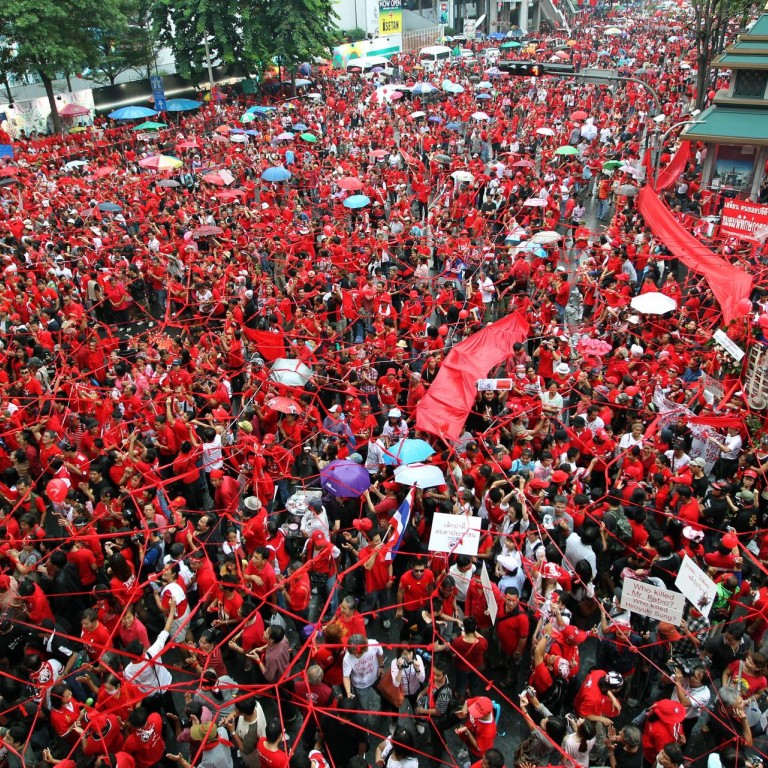
Book review: Democracy in Retreat
For decades, there has been a common belief that, as nations develop economically, politics will soon catch up and become more democratic. This theory also states that, released from poverty and aspiring for more freedom, the middle class will be at the forefront of such a democratic transformation.
by Joshua Kurlantzick
Yale University Press
For decades, there has been a common belief that, as nations develop economically, politics will soon catch up and become more democratic. This theory also states that, released from poverty and aspiring for more freedom, the middle class will be at the forefront of such a democratic transformation.

The script however has taken a different turn since the late 1990s, according to Joshua Kurlantzick.
He argues that democracy worldwide is in decline and that the middle class has contributed to such regression.
Kurlantzick, a fellow at the Council on Foreign Relations in the United States, said that, according to Freedom House, the number of electoral democracies fell in 2010 to its lowest since 1995. It said 25 nations went backward, in terms of freedom, including major regional powers like Mexico and Ukraine.
The Bertelsmann Foundation of Germany has the same finding. Using a wide range of data, it found that the number of "highly defective democracies" had doubled between 2006 and 2010. In fact, 53 of the 128 countries it sampled were "defective democracies", based on yardsticks such as the rule of law, political participation and the stability of democratic institutions.
Kurlantzick describes the roll-back of democracy in Thailand, the Philippines and Indonesia - countries he covered as a journalist in the late 1990s and early 2000s.
In Europe, too, new democratic models have regressed over the past decade. In the Czech Republic, Hungary, Poland, and Slovakia, populist and far-right parties with little commitment to democratic norms have steadily gained popularity. Public distaste for democracy has increased and governments have clamped down on activists more frequently.
Meanwhile, old-fashioned coups are returning elsewhere. In Africa, Asia, and Latin America, coups had become rare by the late 1990s. But between 2006 and 2012, the military grabbed power in Bangladesh, Fiji, Guinea, Guinea-Bissau, Honduras, Madagascar, Mauritania, Mali, Niger and Thailand, among others.
The middle classes, once the prime movers of democracy, gave their tacit approval to such regression in many places, the author writes. Democracy has not brought prosperity, but more corruption and disorder in many newly democratised societies. As a result, they have come to disdain norms of democratic culture such as using elections, not violent demonstrations, to change leaders.
From Bolivia to Venezuela to the Philippines, disillusioned middle classes have turned to street protests or appeals to the judiciary to try to remove elected leaders.
"It seems that this new global middle is choosing stability over all else. From Algeria to Zimbabwe, the rising middle class has often supported the military as a bulwark against popular democracy, fearing that it might empower the poor, the religious and the less educated."
Kurlantzick has not given up hope on democracy, though. To ensure democracy remains vibrant, leaders need to promote economic growth. They also need to manage expectations, reminding their people that democracy, though beneficial in the long term, cannot solve all problems immediately.
For those looking forward to seeing a democratic China one day, this is a timely handbook on what can go wrong despite good intentions with a country opening up to broader political participation for its people.
